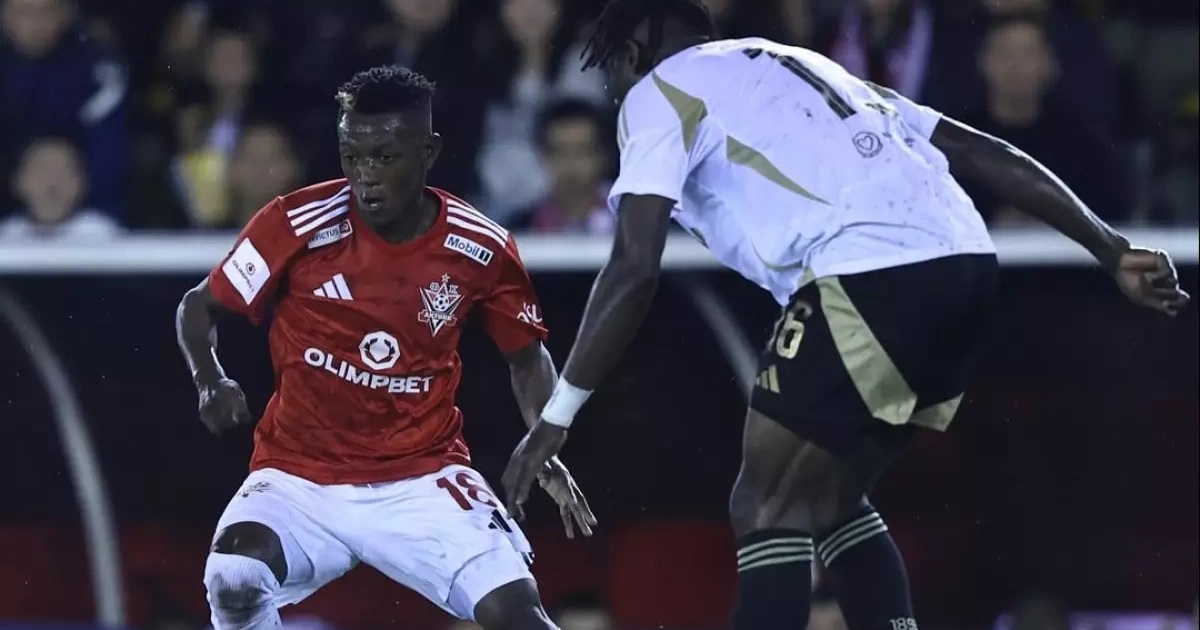Protests in Georgia have entered their 241st consecutive day, with Rustaveli Avenue in Tbilisi still blocked and demonstrations ongoing in eight cities. Protesters demand democratic reforms, government accountability, and political change.
Rustaveli Avenue Blocked for 241st Day as Protests Continue Across Georgia

Rustaveli Avenue Blocked for 241st Day as Nationwide Protests Continue Across Georgia
Tbilisi, Georgia – July 26, 2025 – For the 241st consecutive day, Rustaveli Avenue in central Tbilisi remains blocked as mass anti-government protests continue to grip the Georgian capital and seven other cities across the country. What began as a demonstration against a controversial foreign influence law has evolved into a sustained nationwide movement demanding democratic reforms, government accountability, and new elections.
Hundreds of demonstrators gathered once again on Rustaveli Avenue on Friday evening, carrying Georgian and EU flags, chanting slogans, and calling for the resignation of key government officials. The protest site has become a symbol of resistance, with makeshift tents, food stations, and community aid tents lining the avenue in front of the Parliament building.
The protests, which have persisted through winter cold, spring rains, and now the peak of summer, have shown no signs of losing momentum. Civil society groups, opposition parties, student organizations, and ordinary citizens have maintained a strong presence in what they describe as a “fight for Georgia’s future.”
“The government isn’t listening, so we are staying,” said Mariam Dvalishvili, a 22-year-old university student who has camped on Rustaveli for over a week. “We will not stop until our voices are heard and our demands for transparency and democracy are met.”
Protests have also continued in at least seven other cities, including Batumi, Kutaisi, Zugdidi, Gori, and Telavi. In some locations, local officials have engaged in limited dialogue with protest leaders, but no breakthroughs have been reported.
The nationwide movement was initially sparked by the government’s reintroduction of a controversial “foreign agents” law, widely criticized for resembling similar legislation in Russia. Critics argue the law would be used to silence independent media and NGOs that receive foreign funding. The law was eventually withdrawn under pressure from the EU and domestic backlash, but by then, the protests had expanded to broader concerns, including alleged corruption, judicial interference, and erosion of democratic institutions.
The Georgian government, led by the Georgian Dream party, has labeled the ongoing protests as “politically motivated,” accusing opposition leaders of trying to destabilize the country ahead of the upcoming 2025 parliamentary elections. Prime Minister Irakli Kobakhidze has repeatedly dismissed the protests as “unproductive” and “orchestrated by foreign interests.”
Human rights groups and international observers, however, have expressed support for the protesters’ right to peaceful assembly. The European Union and United States have both issued statements urging Georgian authorities to respect democratic principles and avoid the use of force against demonstrators.
Despite the government’s position, public support for the protest movement appears to remain strong. A recent poll conducted by the Tbilisi-based Caucasus Research Group found that nearly 60% of respondents support the protesters' main demands, including judicial reform and government accountability.
With no clear resolution in sight, demonstrators say they are prepared for a long road ahead.
“We are tired, but we are not giving up,” said 65-year-old protester Giorgi Kapanadze. “Georgia’s future depends on what happens here.”
This is a developing story. Updates will follow as more information becomes available.

 বাংলা
বাংলা  Spanish
Spanish  Arabic
Arabic  French
French  Chinese
Chinese 







